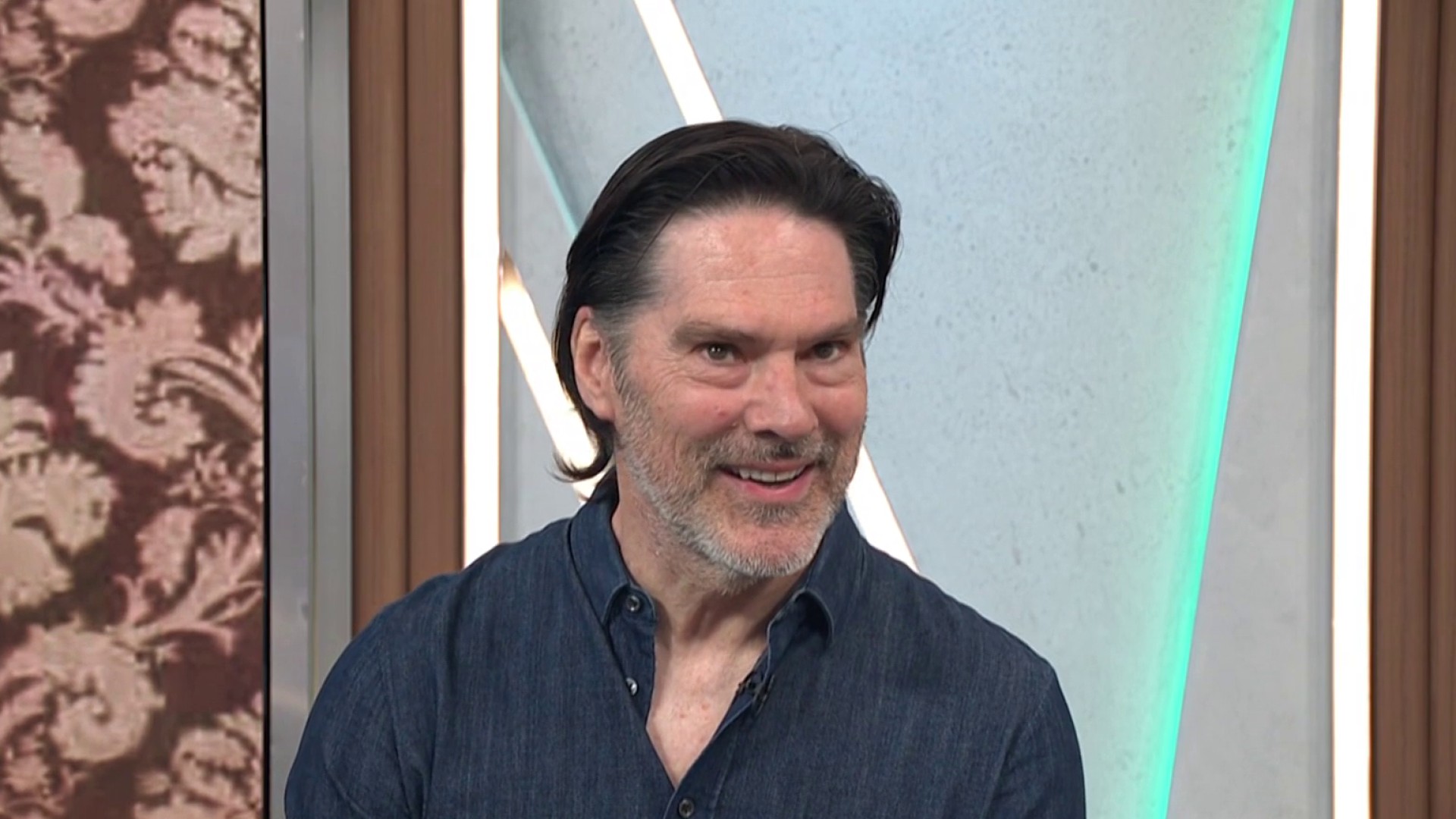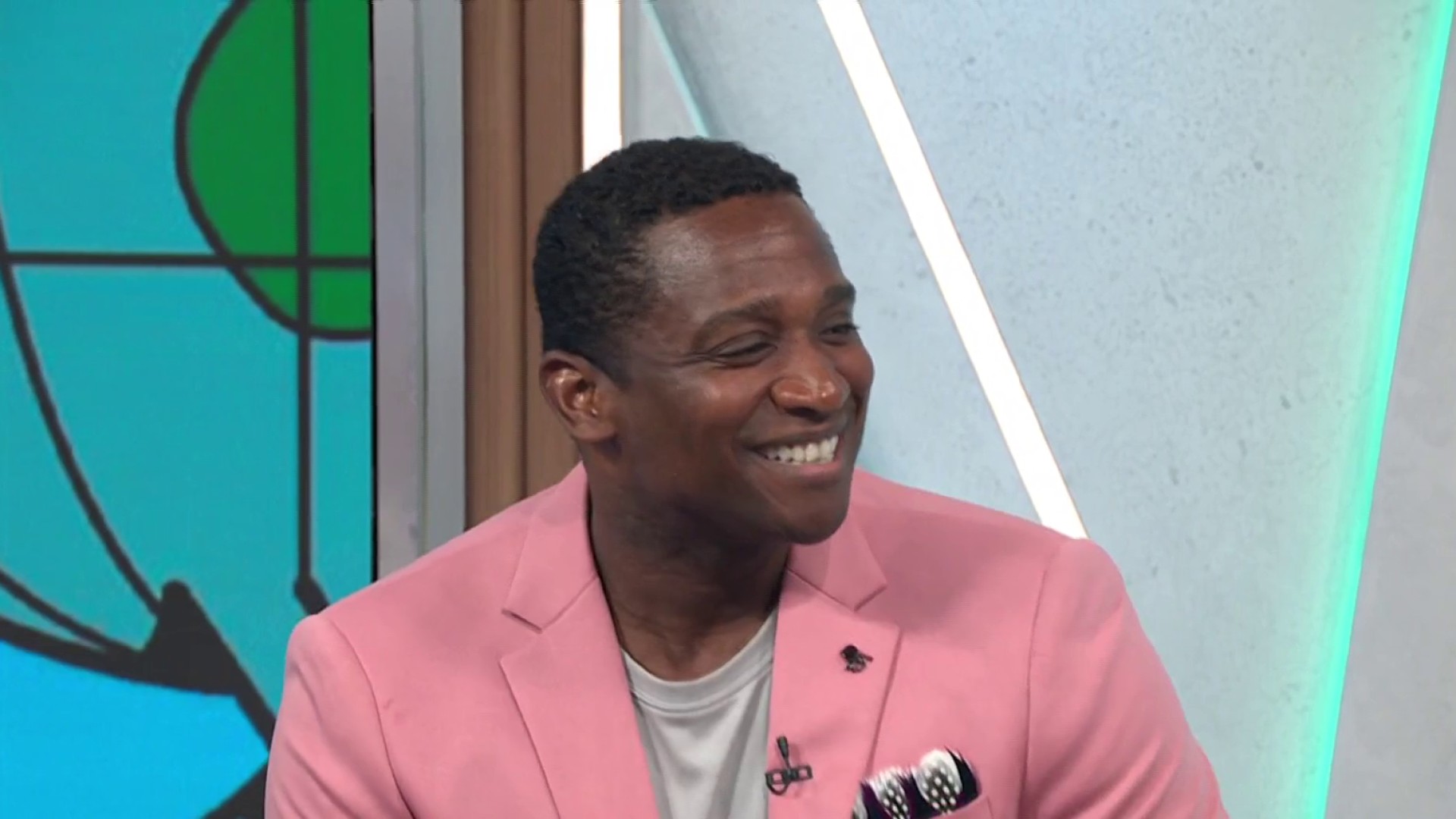Moss Hart's "Act One," which clung to The New York Times best-seller list for nearly a year after its 1959 publication, is one of the most revered theater memoirs of all time. The legendary playwright ("You Can't Take It With You"), screenwriter ("Gentleman's Agreement") and director ("My Fair Lady") wrote it at the height of his career, and only two years before his unexpected death.
But audiences unfamiliar with Moss Hart’s legacy may have a hard time understanding his importance after watching James Lapine’s flat adaptation of “Act One” that just opened at Lincoln Center’s Vivian Beaumont Theater. Instead of an inspiring account of talent and tenacity, Lapine's “Act One” is a bland story that fails to put Hart’s life into perspective.
“Act One” concentrates on the first act of Hart’s career, chronicling his journey from his impoverished childhood and his early days working in the theater to his first flop and finally, his first collaboration with George S. Kaufman, 1930’s “Once in a Lifetime.” Lapine, who both wrote and directed “Act One,” constructs the story of the show in a linear fashion, narrated by an older version of Hart (Tony Shalhoub, “Golden Boy,” in one of three roles he plays) and a twentysomething version of Hart (Santino Fontana, “Cinderella”).
The problem with that device is that our narrators often tell us more about our character’s emotions than we get to see and feel. This especially becomes evident in the show’s problematic first act, which breezes over key moments in Hart’s life for the sake of moving the story along. The impact of Hart’s eccentric Aunt Kate (Tony winner Andrea Martin, “Pippin,” in one of three roles she plays) and Hart’s tough father (Shalhoub) seem especially sacrificed at the hands of this device. Just as we’re learning to care about these characters, they’re pushed aside for another set of characters and events in Hart’s life.
The timeline slows down considerably in the second act, and in turn, that’s where “Act One” begins to draw you in. We spend nearly all of our time with Hart and his new writing partner, George S. Kaufman (Shalhoub), as they begin their professional partnership. These scenes are filled with moments of tension and vulnerability -- not to mention passionate discussions about story and structure. You’ll feel engaged in how they craft “Once in a Lifetime,” but you may find yourself wondering what took Lapine so long to get to the good stuff.
You won’t find yourself bored by Beowulf Boritt’s stunning circular set, built on a revolving turntable. With each scene, Boritt’s set rotates anew, revealing more and more levels and layers and detail than we’d seen before. It’s a perfect metaphor for life, even if the play itself is lacking that depth.
Likeable performances will also keep you engaged throughout. Santino Fontana gives Hart a lightness and charm that’s impossible to root against. Shalhoub and Martin are great in their various roles, bringing uniqueness and distinction to their characters. Shalhoub is particularly effective as Kaufman, portraying him as a neurotic, twitchy, germaphobe genius, not unlike the character he played to great-acclaim (and three Emmy awards) on “Monk.” Martin brightens up the stage each time she steps foot on it, finding the laughs in all three of her roles, as expected. But it’s her tender take on Aunt Kate where you’ll really fall in love.
Broadway
Regardless of how good Shalhoub and Martin are, though, one does have to question Lapine’s decision to have them each play three roles. For example, by casting Shalhoub as Hart’s father, Kaufman and an older Hart, I suppose we’re to understand that these two men helped influence and shape who Hart eventually became. Problem is, Hart shows little-to-no respect towards his father in the show, and never seems to connect with Kaufman beyond the work. So how much have they really shaped him?
I found myself thinking a lot about story structure while watching “Act One” -- especially during scenes where Kaufman and Hart revise “Once in a Lifetime.” I wish Lapine would have mimicked their process, stripping his story of unnecessary plot and allowing the audience to breath a bit more. Perhaps then, “Act One” would have served its source material justice.



